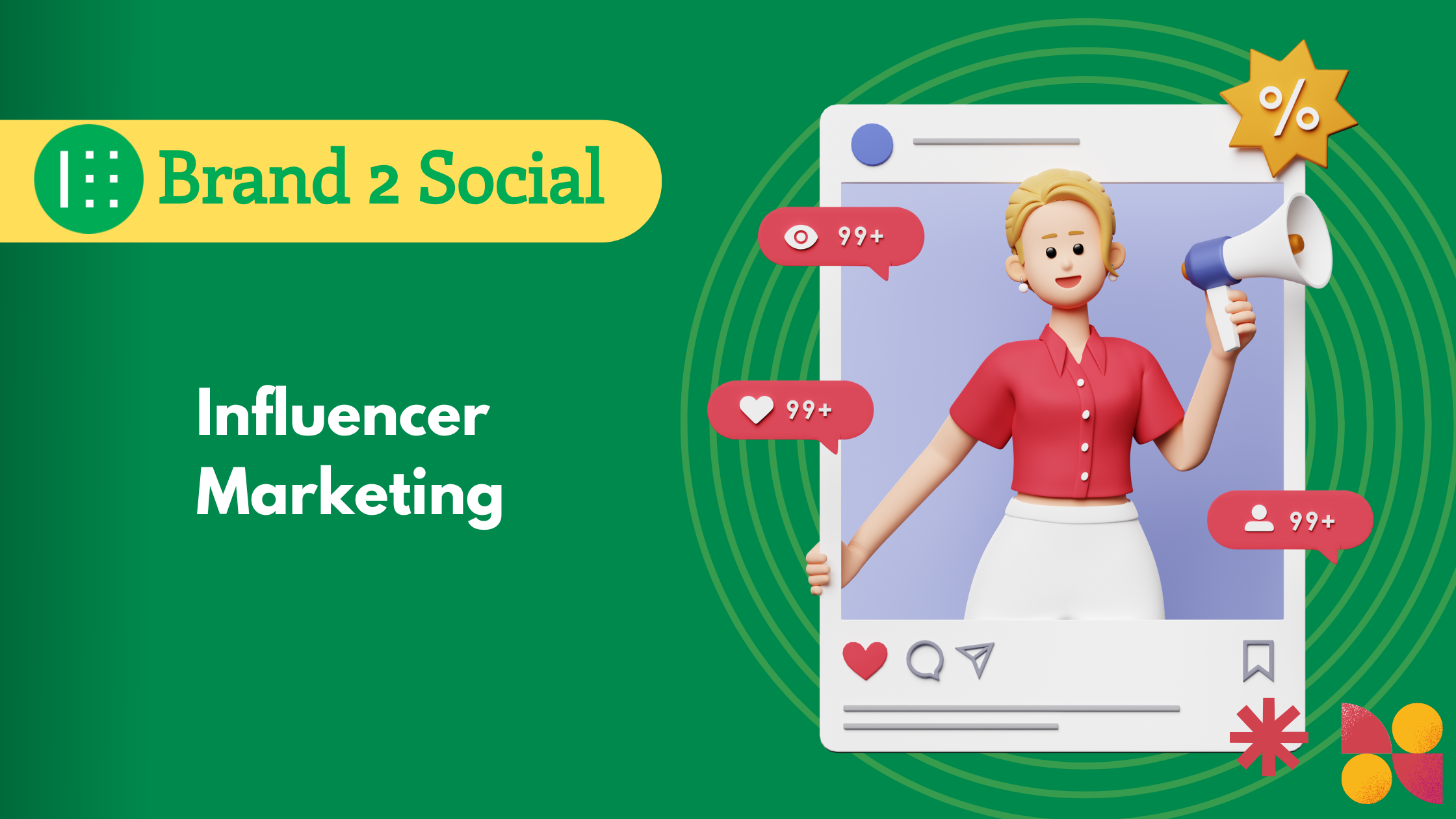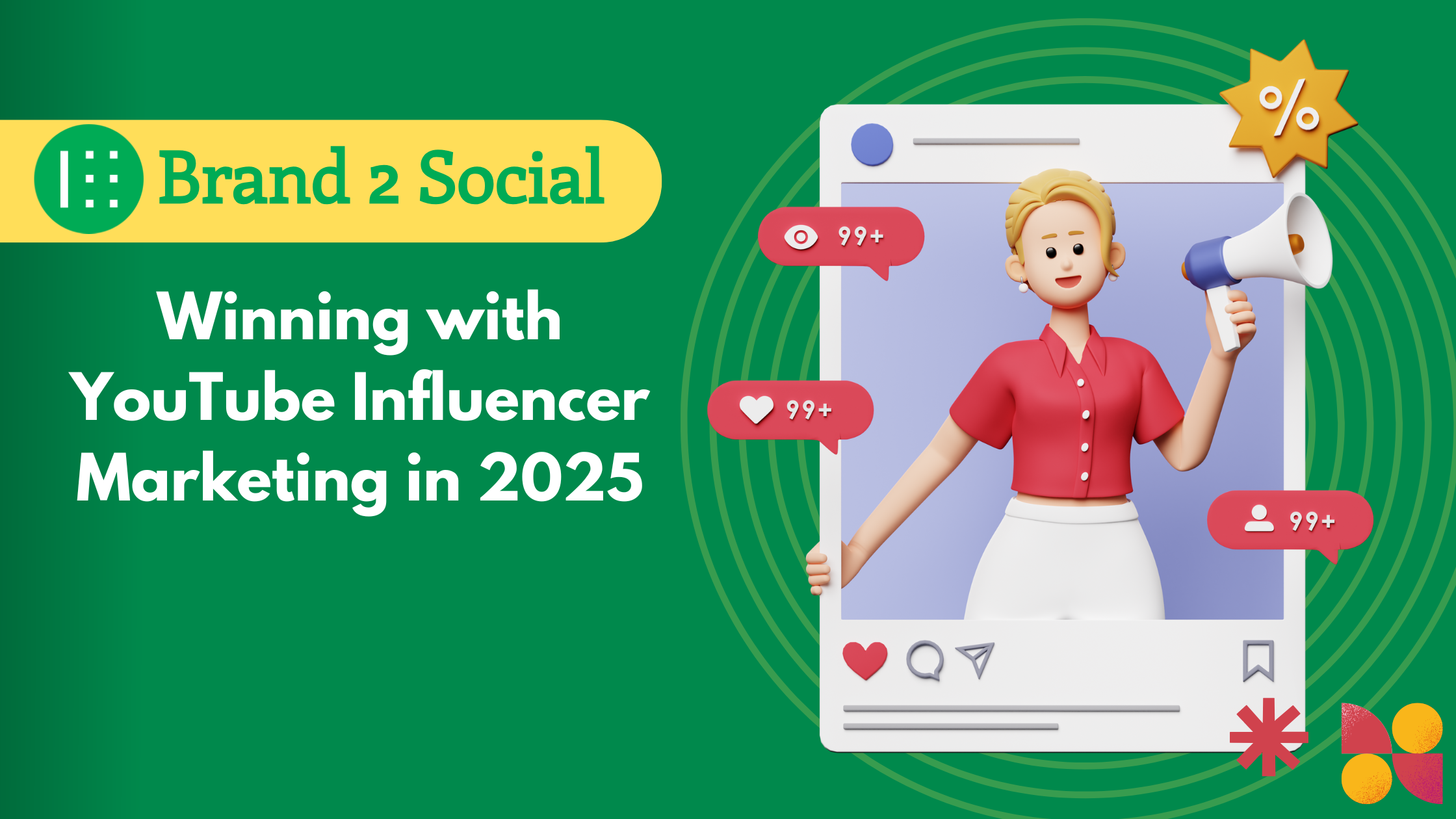
Table of Contents
Influencer marketing leverages the power of individuals with significant online followings to promote brands, products, or services.
In the digital age, traditional marketing methods are no longer enough to capture the attention of modern consumers. Enter influencer marketing, a strategy that has revolutionized the way brands connect with their target audience. Influencer marketing involves partnering with individuals who have significant influence over their followers on social media platforms. These influencers can range from celebrities and industry experts to micro-influencers with niche followings. The core idea is to leverage the trust and credibility these influencers have built with their audience to promote products, services, or brand messages in an authentic and relatable manner.
In the digital age, traditional marketing methods are no longer enough to capture the attention of modern consumers. Enter influencer marketing, a strategy that has revolutionized the way brands connect with their target audience. Influencer marketing involves partnering with individuals who have significant influence over their followers on social media platforms. These influencers can range from celebrities and industry experts to micro-influencers with niche followings. The core idea is to leverage the trust and credibility these influencers have built with their audience to promote products, services, or brand messages in an authentic and relatable manner.
Key Components of Influencer Marketing
1. Identifying the Right Influencers

One of the most crucial steps in influencer marketing is identifying the right influencers for your brand. This involves finding individuals whose values, style, and audience align with your brand’s message and target demographic. There are various types of influencers to consider, including mega-influencers, macro-influencers, micro-influencers, and nano-influencers, each with different levels of reach and engagement.
Mega-influencers and celebrities often have millions of followers and can provide broad exposure. However, they may lack the personal connection that smaller influencers have with their audience. Micro-influencers and nano-influencers, on the other hand, have smaller but highly engaged and loyal followings. They often specialize in specific niches, making them ideal for targeting particular segments of your audience. Tools and platforms like BuzzSumo, HypeAuditor, and Influencity can help brands identify and vet potential influencers based on metrics like engagement rates, follower demographics, and past performance.
2. Building Authentic Partnerships

Successful influencer marketing is built on authentic partnerships rather than transactional relationships. It’s essential to approach influencers as collaborators rather than just promotional tools. This means involving them in the creative process, respecting their unique voice and style, and allowing them to create content that resonates with their audience.
Authenticity is key to influencer marketing success. Audiences are quick to recognize inauthentic endorsements, which can harm both the influencer’s and the brand’s reputation. By fostering genuine partnerships, brands can leverage the influencer’s creativity and trustworthiness to create compelling and relatable content. This approach not only enhances the credibility of the campaign but also leads to higher engagement and conversion rates.
3. Crafting Compelling Campaigns

The success of an influencer marketing campaign largely depends on the quality of the content and the creativity of the campaign. This involves working closely with influencers to develop engaging and impactful content that aligns with your brand’s message. Whether it’s a product review, a tutorial, a giveaway, or a behind-the-scenes look, the content should be authentic, informative, and entertaining.
Campaigns can take various forms, including sponsored posts, takeovers, unboxings, and collaborations. It’s important to tailor the campaign to the platform and the influencer’s style while ensuring that it aligns with your marketing goals. Clear communication of campaign objectives, deliverables, and key messages is crucial to ensure that both parties are on the same page.
4. Measuring Campaign Performance

Measuring the performance of influencer marketing campaigns is essential to determine their effectiveness and return on investment (ROI). Key performance indicators (KPIs) such as engagement rates, reach, impressions, click-through rates, and conversions provide valuable insights into how well the campaign is performing.
Analytics tools and platforms can help track these metrics and provide detailed reports on campaign performance. It’s important to analyze both quantitative and qualitative data to understand the overall impact of the campaign. This includes assessing the sentiment of comments and feedback, the quality of user-generated content, and the level of brand awareness and loyalty generated.
5. Adapting and Optimizing Strategies

The dynamic nature of social media and consumer behavior means that influencer marketing strategies must be continually adapted and optimized. This involves staying updated on industry trends, platform algorithms, and changes in consumer preferences. Regularly reviewing campaign performance and gathering feedback from influencers and audiences can help identify areas for improvement.
Brands should be open to experimenting with different types of content, influencers, and platforms to find what works best for their audience. Flexibility and willingness to adapt are key to maintaining the relevance and effectiveness of influencer marketing campaigns.
Conclusion
Influencer marketing has emerged as a powerful strategy for brands to connect with their audience in a meaningful and authentic way. By leveraging the influence and credibility of social media personalities, businesses can build brand awareness, drive engagement, and boost conversions. The key to successful influencer marketing lies in identifying the right influencers, building authentic partnerships, crafting compelling campaigns, measuring performance, and continually adapting strategies. As the digital landscape continues to evolve, influencer marketing offers a dynamic and effective way for brands to stay relevant and resonate with their target audience. Embracing this strategy can lead to significant growth and success in today’s competitive market.



